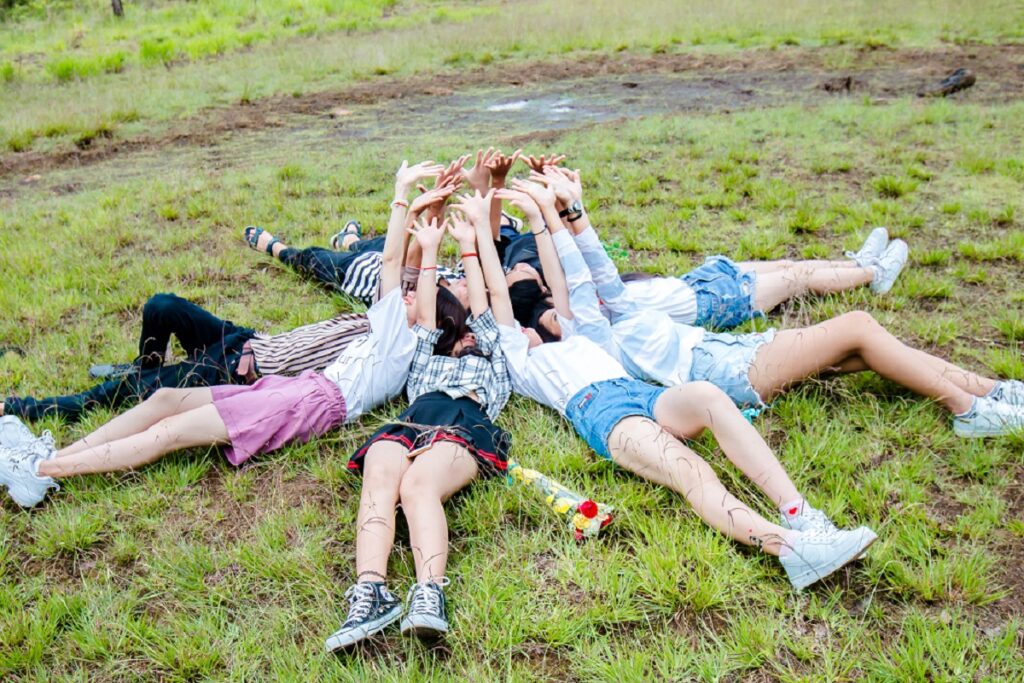This is the second article out of 12 about the European Youth Goals, written by Citizens of Europe editorial staff.
What are the Youth Goals?
The Youth Goals are 11 purposes that young Europeans consider as political priorities in nowaday European Union.
These goals were developed during a meeting cycle between young Europeans and decision makers: the “EU Youth Dialogue – Youth in Europe: What’s next?” , that took place between 2017/2018.
After those meetings the Council of European Union decides to give more space to the issues that affect young people in its political agenda, by creating new and different paths for supporting them to improve their skills.
The EU Youth Dialogue – Youth in Europe: What’s next? is a dialogue mechanism and it was an essential part of the EU Youth Strategy 2019- 2027. The main purpose of this strategy, it’s to create a more democratic and equal society thought by and for young people.

Connecting EU With Youth
Connecting EU with youth is one of the main purpose of European Institutions: foster the sense of youth belonging to the European project aims to increase democratic participation.
An increasing number of young people lack trust in the EU, encounter difficulties in understanding its principles, values, and functioning. Democratic deficits in EU processes have also been identified as one of the reasons for rising euroscepticism among young people.

Main Goals
- Guarantee meaningful youth involvement and dialogue in all stages of EU decision making by improving existing participatory mechanisms and creating new ones.
- Ensure equal access to quality impartial and youth-friendly information about how the EU works, how to engage in it and what opportunities it offers.
- Introduce and increase education about Europe and the EU in formal and non-formal settings.
- Guarantee fair representation of all member states in political and administrative EU bodies, in line with the principle of equal citizenship.
- Build young people’s trust in the EU project by addressing the democratic deficit, lack of transparency and visibility. Institutionalise the assessment of youth-friendliness, impact and effect of EU policies.

